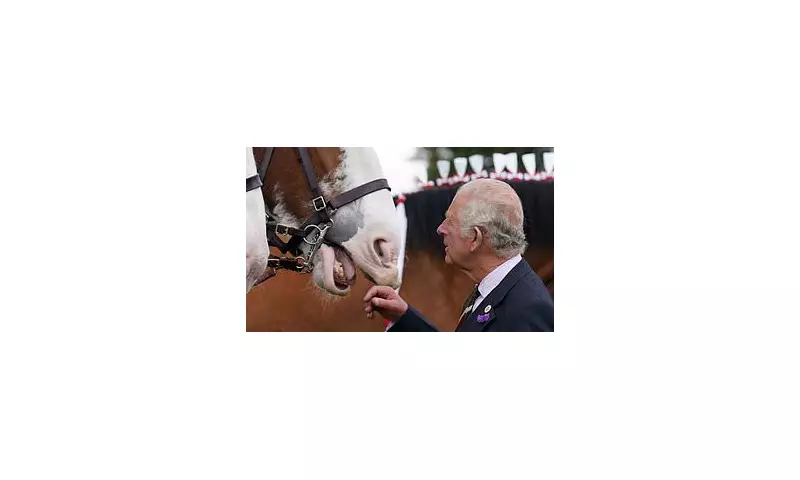
Leading racehorse trainers for the King and the late Queen Elizabeth have issued a stark warning that proposed betting tax increases in the upcoming Budget represent the most significant threat the racing industry has ever faced.
An Unprecedented Threat to a British Institution
Nicky Henderson and William Haggas, two of Britain's most esteemed trainers, have urgently called on the Chancellor to shield horse racing from what they describe as punishing tax hikes. They argue that racing is not merely a sport but a historic part of British life, deeply woven into the nation's cultural fabric.
Chancellor Rachel Reeves is reportedly considering a raid on the betting sector to address a shortfall in public finances. Plans are being developed to increase taxes on slot machines and online gaming, with some left-wing MPs and former prime minister Gordon Brown backing a scheme predicted to raise £3.2 billion from the industry.
Warnings from the Royal Stables
Mr Henderson, who trained more than 60 winners for the late Queen and now trains for King Charles and Queen Camilla, stated that the prospect of tax increases is hugely concerning. He told the Mail: "I have spent my whole life in racing and there has never been as big a threat to an industry and sport in which we've been world leaders for hundreds of years."
He highlighted that the livelihoods of his staff and tens of thousands of others in the sector would be put in grave danger. While acknowledging the government's tough fiscal choices, he strongly urged them to avoid causing needless devastation to the racing industry.
William Haggas, who provided the King with a win at his first Royal Ascot with a horse bred by the late monarch, echoed these grave concerns. He described the potential impact of tax hikes as "potentially catastrophic," emphasising that racing is the foundation of entire communities, particularly in towns like Newmarket.
The Stakes for Jobs and the Economy
The industry's alarm is not new. In a historic move last September, racing was cancelled across Britain as jockeys and trainers travelled to Westminster to lobby against impending changes.
Financial modelling presented to officials paints a dire picture: if the General Betting Duty (GBD) on horse racing is raised from its current rate of 15 per cent to 21 per cent, it would cost the racing industry £66 million and lead to the loss of 2,700 jobs in the first year alone.
Brant Dunshea, chief executive of the British Horseracing Authority, reinforced this message, urging the Chancellor to recognise British Racing as a significant cultural and economic asset. "Support British racing is our overarching message," he said. "It's not just a sport, it's a much-loved, cherished, centuries-old institution."
Despite the warnings, Treasury insiders apparently believe a gambling tax rise is both justified and politically sellable to the public. A Treasury spokesman, however, noted that horseracing "is part of the cultural fabric of the country," highlighting its unique benefits, including a government-mandated levy and a 100 per cent tax break for betting at the races, which they have no plans to change.





